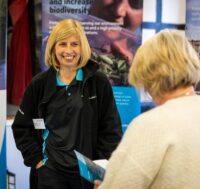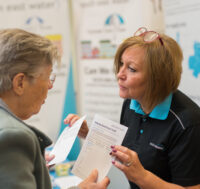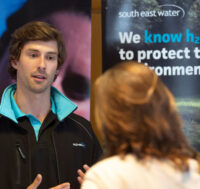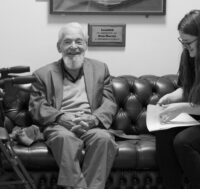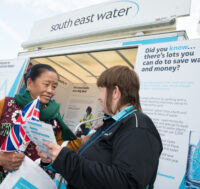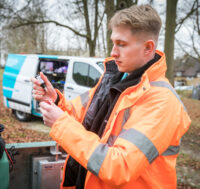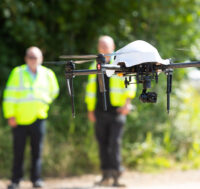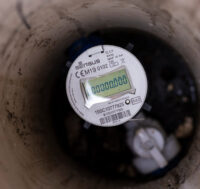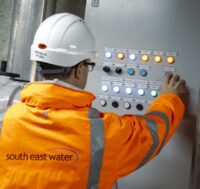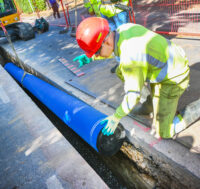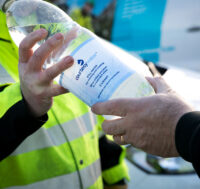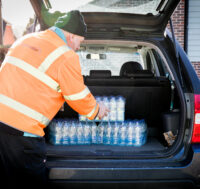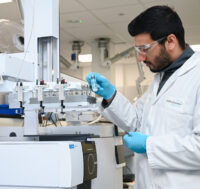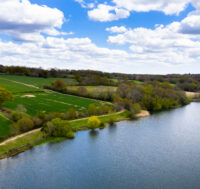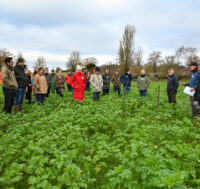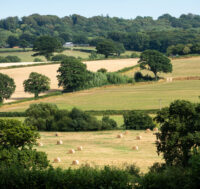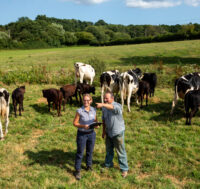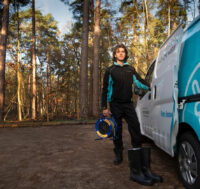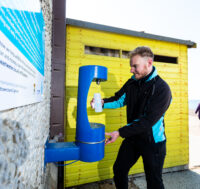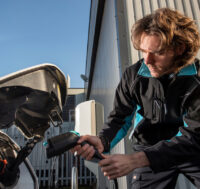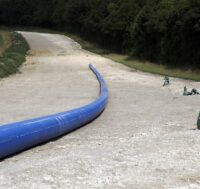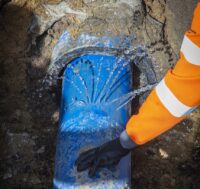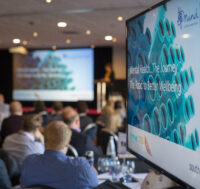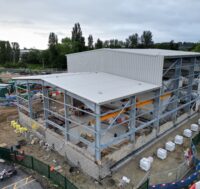In an effort to prioritise the well-being of our communities, we have joined forces with Wealden District Council to develop an emergency plan that places vulnerable customers at the forefront.
Our goal is to ensure that everyone in the Wealden area has access to fresh drinking water during any disruption to the water supply.
Key information about care homes, hospitals and other vulnerable non-residential customers has been shared to create a contingency plan that guarantees the delivery of as much drinking as possible in the event of a supply issue.
This collaborative initiative proposes timely deliveries of temporary water tanks, pallets of fresh drinking water, and an injection of water to boost pipeline supplies.
Parris Durant, Alternative Water Manager, said: “The contingency plan aims to make sure that as many customers as possible have access to fresh drinking water during events where their supply may be limited or cut off.”
Residents of the area have been fully considered in the strategy, with a list of venues given to us by Wealden District Council, enabling us to set up temporary bottled water stations, where appropriate. These will provide drinking water for those who can collect it, locally and conveniently.
Vulnerable residents that cannot travel to the bottled water stations can sign up to our Priority Services Register (PSR) to receive water deliveries to their homes.
The main aim of the plan is to make our emergency response protocols more efficient, and this will be put to the test in a ‘mock-event’ drill in the near future, enabling us to see how smoothly everything runs and adapt our plans, as required.


